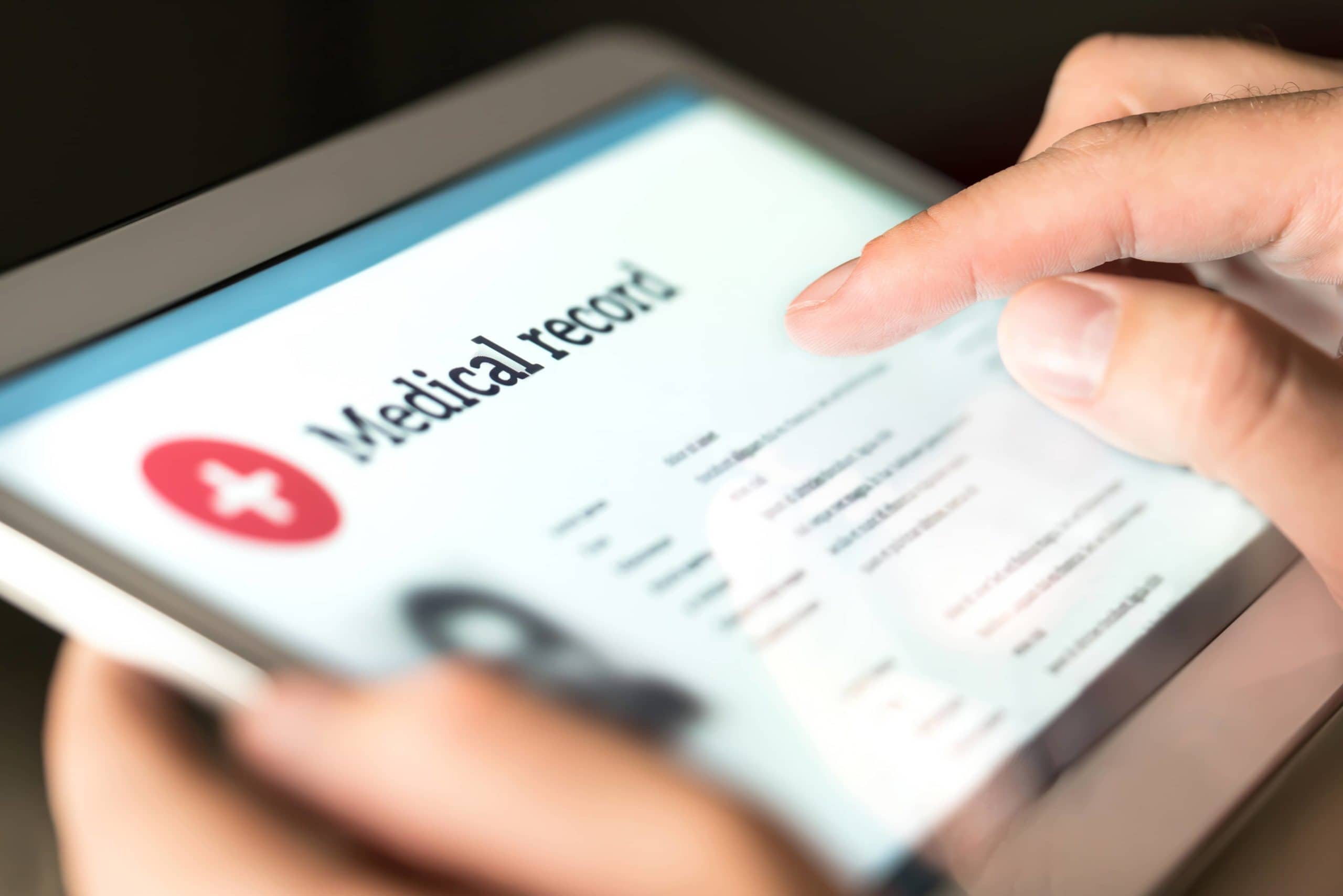Federal rules will soon provide patients wider access to their medical records through their electronic health record (EHR).
As part of the sweeping 21st Century Cures Act, patients will be able to view clinical notes created by their healthcare providers. Access to medical records is not new. In 1996, the Health Insurance Portability and Accountability Act (HIPAA) gave patients the right and opportunity to obtain their medical records. The downside for patients is the undertaking—healthcare facilities can take approximately 30 days to provide the record and there is a cost attached.
For patients seeking their health information, the Cures Act offers some instant benefits:
- Patients who have easy access to their health records have greater ability to understand their treatment needs as they shop for medical care and seek out providers. The Office of the National Coordinator for Health Information Technology notes the information can “be used to deliver information to patients and payers to assist in making decisions.”
- The size of medical records delivered by a healthcare institution upon request can be daunting. A series of hospital admissions can run into thousands of pages of repetitive information that is difficult for even physicians to sift through. An anticipated benefit of the Cures Act is easier, free access by patients to their electronic health record through a software app.
- Records offered electronically are required to be provided and viewed on a secure platform. The level of security when viewed on an app is expected to be similar to security protocols required of financial and banking apps.
And what about clinical notes…
In addition to medical records, the Cures Act ceases the practice of blocking the clinical notes of providers entered into the electronic health record. Patients will now be able to view the notes in their medical records to understand what occurred during a procedure or a plan of treatment. The types of notes that will be available include:
- Consultation notes
- Discharge and summary
- History and physical
- Imaging narratives
- Laboratory report narratives
- Pathology report narratives
- Procedure notes
- Progress notes
There are some exceptions to the notes that will be provided, including those taken separately in a psychotherapeutic setting, and notes made in anticipation of a criminal, civil, or other administrative action.
Access to this information was originally slated for November 2020. However, due to pandemic concerns, that access date has been pushed back to April 2021.
Medical records and clinical notes are often not easy to read or understand and the release of clinician notes in the EHR will likely lead to some misunderstandings. At best, the ability of patients to read their records will increase transparency and ownership of both patient and provider in making good health decisions.
Experienced medical malpractice lawyers serving Washington, DC and Maryland
Our legal team has more than 35 years of successful experience pursuing maximum compensation from physicians and healthcare facilities on behalf of our injured clients.
Schochor, Staton, Goldberg, and Cardea, P.A. provides unsurpassed legal representation and advice. Contact us today or call us at 410-234-1000 to schedule a free consultation to discuss your case.

